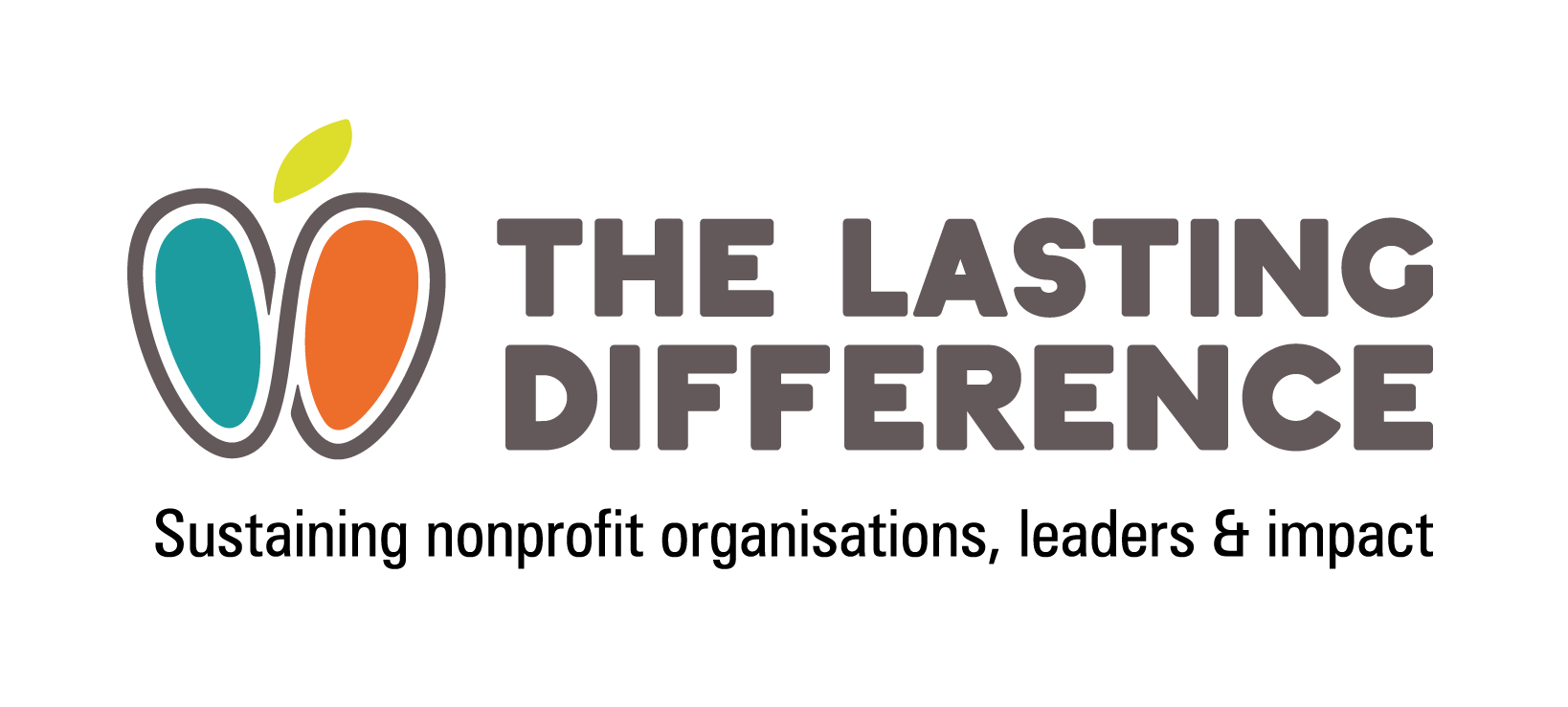There’s something happening in Grampian. Long established systems and structures are being changed. Charities and public sector organisations are leading system change by championing community voices and challenging the traditional ways of doing things. These two elements (championing and challenging) are core parts of our upcoming guide to leading system change.
Championing – working for equality
Grampian Regional Equality Council (GREC) works to tackle prejudice and discrimination, celebrate diversity, build positive community relations, and provide evidence to change policy and practice. One of the ways it does this is to gather data from casework and other frontline services and community engagement, collating it to identify systemic issues and raise these with partners.
This helps tackle the systemic causes of inequalities, preventing issues being addressed in a piecemeal, case by case way. Importantly, GREC feeds data back to its communities about what it has done about the issues. It also tracks outcomes as a way to learn about the effectiveness of different influencing tactics.
We love this example because it shows there are simple things that any organisation can do to change wider systems, in this case through:
- Curiosity: looking at what’s going on behind individual experiences, spotting the patterns of systemic inequality. Using data to make the case for change.
- Championing other people’s voices.
Visit GREC here: https://grec.co.uk/
Challenging – changing social care in Aberdeen
Third sector providers of social care have been highlighting the problems of competitive tendering and promoting collaborative alternatives for years. In Aberdeen Health and Social Care Partnership (AHSCP), commissioners listened, working with providers of care at home services to devise a new partnership model of commissioning. However, when it was launched, the uncertainty and loss of established ways of working became real for providers, generating real discomfort. Where had this model come from? Why couldn’t they just keep the existing process? The commissioners acknowledged the discomfort but kept their eye on the end goal, working with providers through the challenges that came up. During the pandemic and its accompanying staffing and resourcing issues, the new partnership approach had created a more resilient system with more stable services than many other areas.
Mike Burns from Granite Care Consortium tells the story.
“ACHSCP took the brave decision to commission a completely new way of delivering care at home in Aberdeen City, at the start of the a global pandemic. It had long been recognised that the historic competitive commissioning of a time and task model of service delivery was no longer fit for purpose, but that ‘holy grail’ of a truly outcome focussed model always seemed to be out of reach. Commissioning such a monumental project at this time did raise several eyebrows, but if not then, when?
“Granite Care Consortium is a group of ten independent and third sector organisations who partnered to meet this commissioned challenge. The consortium formed through the shared ethics and values of the founding members, and a desire to be part of creating something different, in partnership with ACHSCP, for the citizens of Aberdeen City. This partnership was built upon trust, respect, a commitment to provide the highest quality of service, and with a recognition of a need for system wide transformation and culture change.
“Market stability, fair work practices and the development and nurturing of our workforces are fundamental pillars of GCC’s strategy and vision, all of which are mirrored within the recent Feeley Report (into Adult Social Care in Scotland). The proposals within the report could see a levelling up within the sector, change which is long overdue. There are many parallels that can be drawn between GCC and proposals within Derek Feeley’s review.
“Granite Care Consortium is in its infancy. We are learning as we move forward, but positive strides have been taken. Strong relationships are essential for success, it’s the strength of these relationships within and between GCC and ACHSCP that has catalysed our progress to date. There is still work to be done, both within GCC and following the Feeley Review but with the collaborative relationship we have with ACHSCP we are in the best place to drive that work forward, and what a privileged place that is to be.”
For more information on the first year of GCC, including the challenges, successes and forward plans, read the Annual Report 2020-2021, which is available via www.granite.care
